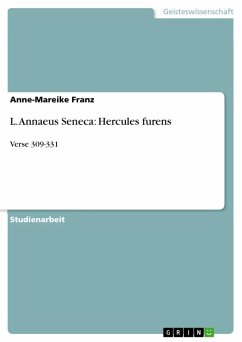Lucius Annaeus Seneca on Benefits. Translated by Aubrey Stewart libreka classics - These are classics of literary history, reissued and made available to a wide audience. Immerse yourself in well-known and popular titles!
Dieser Download kann aus rechtlichen Gründen nur mit Rechnungsadresse in A, B, BG, CY, CZ, D, DK, EW, E, FIN, F, GR, HR, H, IRL, I, LT, L, LR, M, NL, PL, P, R, S, SLO, SK ausgeliefert werden.









